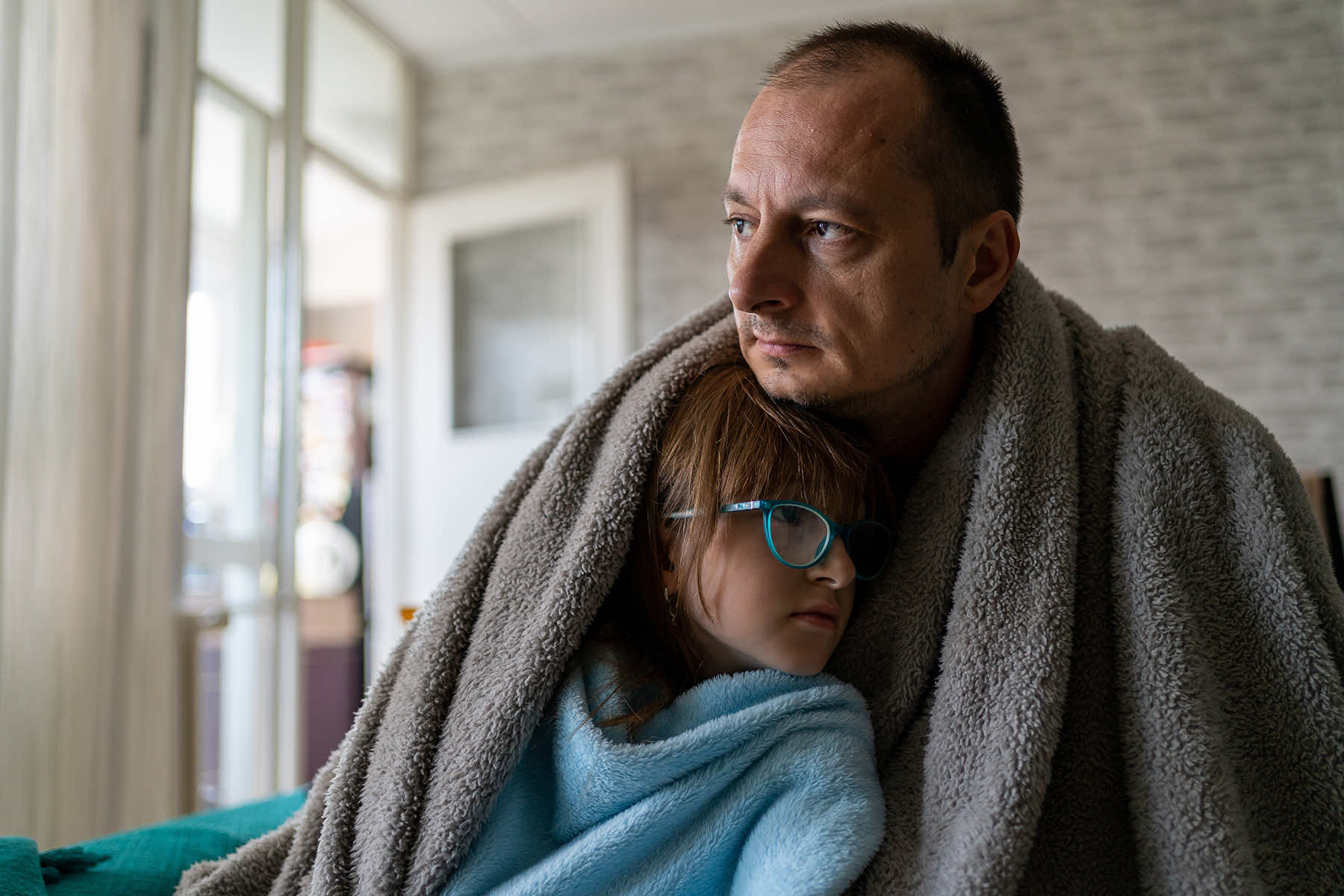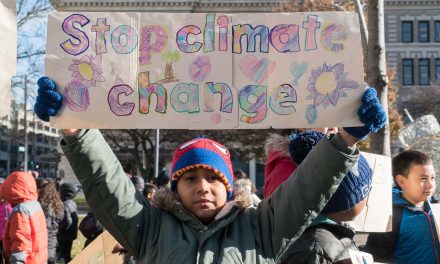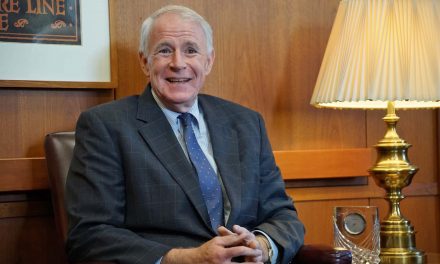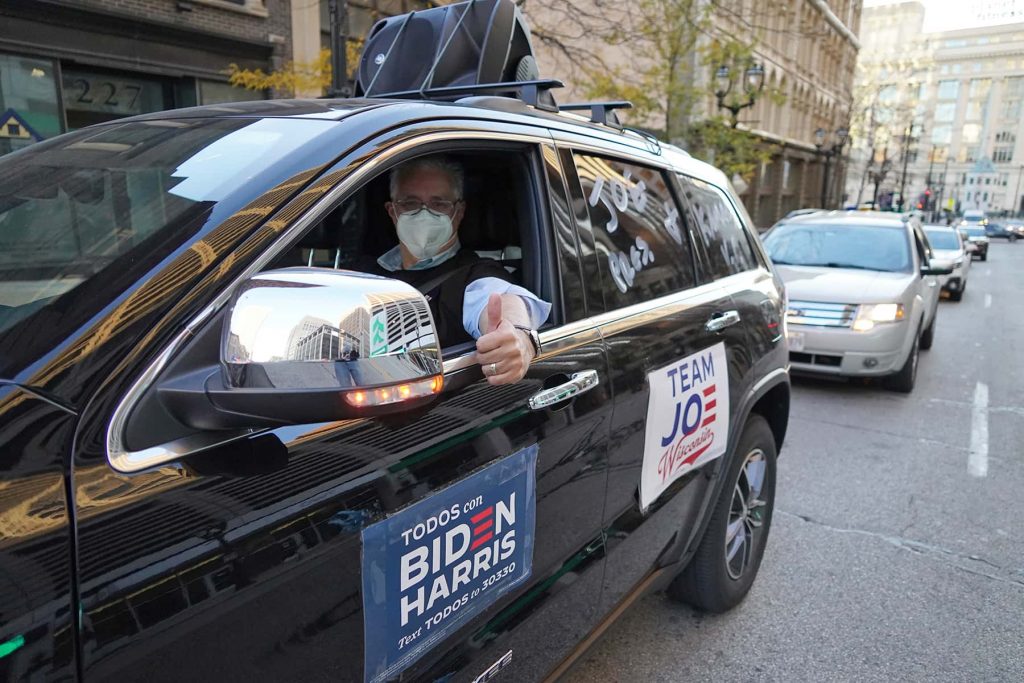
In a Milwaukee duplex, a mother, her two children, and her medically fragile father faced a challenging situation. As a single mother working a minimum wage job, her financial situation only allowed her to afford rent in a home that had been poorly maintained.
She soon found their home infested with cockroaches. This issue, unknown to her, would soon draw the attention of Child Protective Services (CPS) due to a health worker’s safety concerns for her father and role as a mandated reporter.
The mother felt both anger and embarrassment when CPS was alerted, as her financial situation was already precarious. Moving out was not an option, mostly due to her father’s health issues, and also because of the lack of affordable alternatives. There were the financial demands of security deposits, which include rent for the first and last months, that have become all-too-common for low-wage renters.
The situation highlighted a common misconception – that a pest-infested home is always due to personal neglect. However, the root issue here was the landlord’s failure to maintain the property, the collision of low wages and high costs of housing, and the lack of affordable options. Despite efforts to compel the landlord to address these problems, he remained indifferent, which led to further CPS intervention to ensure that the children were safe.
The Mandated Reporter versus Mandated Supporter Challenge
Mandated Reporters are required by law to report child abuse and/or neglect to a county or law enforcement. Wisconsin law (48.981(2)) requires that any mandated reporter who has reasonable cause to suspect that a child seen by the person in the course of professional duties has been abused or neglected, or who has reason to believe that a child seen by the person in the course of professional duties has been threatened with abuse or neglect and that abuse or neglect of the child will occur, make a report to county CPS or law enforcement.
“I often say to folks that the mandatory reporting system is to child welfare, what the aorta is to the human body, it is the main artery.” – Jermaine Reed, Founder of Color of Child Welfare conference
In the state of Wisconsin, mandated reporters are health care, social work, education, child care, substance abuse, law enforcement, and legal professionals. They are people and professionals whose feelings and decision-making processes are influenced by their experiences, training, and deeply held beliefs. They are also, in other words, our communities’ helpers, which can create barriers to access to help for individuals who belong to historically oppressed populations.
Additionally, mandated reporters can face serious penalties if they fail to report suspected child abuse or neglect, which may compel them to report families even when they would rather find alternative supports as they fear the potential consequence of a fine or up to 6 months of prison or both.
During this past season of our podcast, I asked Jermaine Reed, founder of the Color of Child Welfare conference and Fresh Start Family Services, a Milwaukee-based foster care organization, what he believed the role of mandated reporting is and how it impacts overloaded families. He stated the following:
“There’s nothing, nothing on a national level, nothing on a local level that shows that mandatory reporting protects children… But what it does, it discourages our families to seek out help in support from those entities or those services… like social workers, teachers. Black families are going to be very reluctant to take their children to the doctor. Why? Because we know that the folks who are reporting, who are required, who are mandated by state law, who on the one hand are supposed to be helping professionals, but on the other hand, if we access…, if we revealed or we engaged these entities, we are putting our families at risk of loss and separation. So we’ll keep the child home who is sick, the child who accidentally fell down the stairs, because if I take them, they’re gonna say I did it… There is nothing that is motivating about having to go to a place where they might accuse you of failure to protect your child.”
While many mandated reporters would prefer to support a child and family before reporting them to CPS, they often lack the knowledge of or access to reliable, supportive alternatives such as affordable, safe housing or domestic violence shelters or substance abuse services.
The Disconnect between Community Supports and Mandated Reporting
In 2022, nearly 40,000 reports of alleged child neglect were made to Child Protective Services in Wisconsin. That comes to over 100 children being reported every day because someone believes they are being neglected. Of those 100 reports each day, Milwaukee makes up nearly 20 of them, or 1 child reported for every 8 schools in our Milwaukee Public Schools system.
And yet, of those 40,000 reports that are documented into our state’s child welfare database that will follow that family around for years to come, only 3,360 were substantiated for neglect. In other words, around 1 in every 10 families reported for suspected child neglect is confirmed to have actually committed it. We do not, as a society, stand by medical procedures or vehicle safety standards that are only successful once every ten tries. So we should ask ourselves if we should stand by a child protection standard that reports so many families that appear to need support, and yet fall through our cracks without receiving the support that they may actually need.
At the same time that nearly 40,000 families are being reported for lacking the ability to provide basic needs and care to their children to CPS each year, we have nearly 40,000 non-profits statewide that are designed to support our children, families and communities. Somewhere there lies a disconnect that leads to these reports to CPS rather than referrals or connection to these supportive non-profits.
Families too often need support or services that are unknown to them or hard to access. Our greatest challenges, therefore, lie in how we coordinate our services to ensure that they are meeting the real needs of all that seek them. We must work smarter, not harder, to elevate solutions to ensure all families can access the help they need when they need it. By building bridges between service providers, community organizations, and the families we serve, we can create a more equitable, cohesive, and impactful support network.
The Power of Community Support
Facing challenges and hardship that was amplified by her father’s declining mental health which caused safety concerns, a mother in Milwaukee left home and struggled to find a safe and affordable place to call home while carrying the weight of impending motherhood. The unsafe living conditions prompted her to seek temporary refuge in a storage unit. Navigating the challenges of pregnancy in an unstable environment added a layer of stress and vulnerability, along with the acute shortage of affordable and safe housing options.
Through her grit and hard work, she was able to secure an apartment before the baby was born, but that took all of her resources. The housing situation, though safe, remained bare-bones, needing more essential furniture and materials for the baby.
Her struggle persisted beyond the physical space. As a result of broader systemic issues, she worked tirelessly to complete her General Education Diploma (GED), settling for minimum-wage jobs that barely allowed her to make ends meet. Childcare vouchers, while a lifeline, still demanded financial contribution, perpetuating a cycle of financial instability. Housing subsidies were meager, and the constant struggle to meet financial obligations persisted.
Offering more than just childcare, Jessica, the family’s caseworker, and her team of volunteers became a beacon of support, helping to navigate systemic barriers that often leave families, like the mother’s, struggling in silence. The volunteers assisted with finding daycare, transportation and creating a safe space for the mother and her baby. Jessica provided guidance, support, and a listening ear, especially during rides to and from work. Together, they illustrated the profound difference a caring community can make, transforming an empty apartment into a home filled with love, safety, and the promise of a brighter tomorrow.
The caseworker recalls her most recent conversation with the mother. She has been able to save a little extra money so that next time something comes up she has something to fall back on. This ability to plan toward the future is a powerful indicator of her growing stability and the importance of social support and genuine connections to endure beyond immediate and systemic challenges.
How we think, or our Mental Models – systems change language for our deeply held beliefs – have often created a narrative in this country that poverty is a sign of personal failure or raising a child in a home infested by cockroaches is due to bad parenting.
Through the podcast and other events over these past couple years, I have listened to families’ stories like those I have shared today and to systems experts, and begun to shift the narrative that recognizes that often systems failures and shortcomings are overloading families with stress and making them vulnerable to child neglect.
That narrative shift leads to changing hearts and minds, which can begin to change how more and more people behave when confronted with the choice of reporting a family to CPS or supporting them by stepping up directly or referring them to the supportive services that they may need.
This can also lead to changes in how our policymakers see overloaded families, potentially opening the door for more investment in economic and concrete supports, social infrastructure, and more prevention systems rather than reactive and intrusive systems.
These mothers’ experiences are more than just a story; they are a call to action. The second mother’s experience highlights the profound impacts on her life and the future well-being of her child when she had access to safe housing, quality childcare, and the opportunity to pursue their dreams, regardless of their starting point.
The choice between reporting her to CPS and the importance of even one person’s support can make all the difference in dismantling systemic barriers that affect overloaded families.
Overloaded: Understanding Neglect is a Milwaukee-based podcast series that aspires to build a shared understanding of neglect, its underlying root causes, and how they overload families with stress.
Luke Waldo, with Jo Cabrera and Gabe McGaughey
Nenad Cavoski and Natalia Lebedinskaia (via Shutterstock)
Overloaded: Understanding Neglect is a Milwaukee-based podcast series that aspires to build a shared understanding of neglect, its underlying root causes, and how they overload families with stress.















